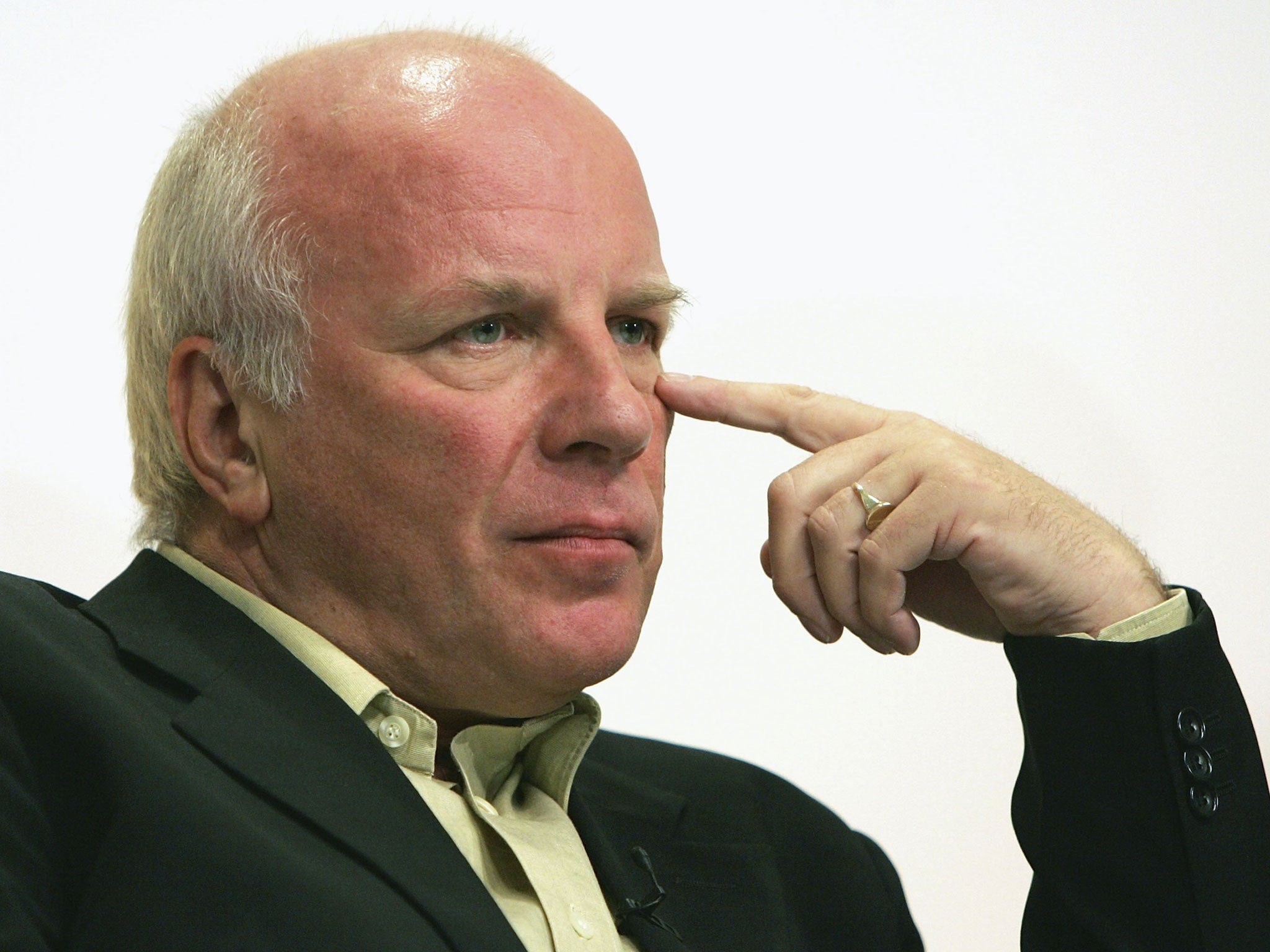The BBC's loss is the FA's gain - Greg Dyke is the right man for the job
Those who remain unmoved by protestations about the dangers of interference in a free press would do well to recall the events that led to Dyke's departure


Your support helps us to tell the story
From reproductive rights to climate change to Big Tech, The Independent is on the ground when the story is developing. Whether it's investigating the financials of Elon Musk's pro-Trump PAC or producing our latest documentary, 'The A Word', which shines a light on the American women fighting for reproductive rights, we know how important it is to parse out the facts from the messaging.
At such a critical moment in US history, we need reporters on the ground. Your donation allows us to keep sending journalists to speak to both sides of the story.
The Independent is trusted by Americans across the entire political spectrum. And unlike many other quality news outlets, we choose not to lock Americans out of our reporting and analysis with paywalls. We believe quality journalism should be available to everyone, paid for by those who can afford it.
Your support makes all the difference.The Football Association and the BBC have quite a lot in common: national institutions responsible for delivering a product about which a vast number of Britons feel passionate, they have also been mired in scandal and mismanagement in recent history. So, it is entirely logical that the FA should choose as their next boss the man who led the BBC with great style and acumen. In fact, I would argue that the Beeb hasn't been the same since Greg Dyke resigned from the corporation in 2004 in the wake of the Hutton Inquiry into the death of weapons inspector David Kelly.
Dyke felt he had to resign after Lord Hutton criticised inaccuracies in a BBC report that the government had "sexed up" a dossier on Iraq's illegal weapons. It is worth remembering the febrile atmosphere of the time: a government, desperate to convince a reluctant public that the invasion of Iraq was justifiable, and the BBC, discharging their remit for independent, investigative journalism, were locked in a desperate battle. Every day, the government spinmeister, Alastair Campbell, would lob rocks in the BBC's direction. The corporation's credibility was at stake, and, in the end, Tony Blair's administration won the day. Dyke - accompanied by his chairman, Gavyn Davies - walked out.
This, I'd suggest, was a victory for the government which came at a considerable cost. Martin Bell, the saintly, veteran journalist said of Dyke's tenure at the Beeb that "he revived the confidence of staff". The result of his departure was that this self-assurance drained away, and many of the failures of the BBC since - up to and including the Savile affair - can be traced back to the wounds suffered in this bitter confrontation with the government, and to the effect it had on the editorial confidence of the corporation.
Those who remain unmoved by the current protestations from newspapers about the dangers of government interference in a free press would do well to recall this chain of events. Dyke's departure from the BBC led to protests from journalists, who took the unprecedented step of paying for a full-page advertisement in the Daily Telegraph to convey their displeasure, and his time there was marked by a plain-speaking, genial approach that will stand him in good stead in his new post.
The FA is an organisation that, similarly, is steeped in tradition and is steadfast in its way of doing things. Dyke said, early on in his time at Broadcasting House, that he was determined to "cut the crap", and this may be refreshing to reprise in a week when the FA put the fine detail of their rules ahead of the spirit of the game and chose not to punish retrospectively a Wigan player for the sort of tackle that, had it happened on the street, might have resulted in a GBH charge. Also, Dyke looked around at the BBC and vowed to change the "hideously white" profile of its staff. He might feel the same as he surveys the FA boardroom.
Whatever else, football's governing body gets a man at the top who combines commercial nous with an experience of life, and has an abiding love of the game. He has only one dirty secret: a fondness for Manchester United.
Join our commenting forum
Join thought-provoking conversations, follow other Independent readers and see their replies
Comments